Representatives of women’s organisations involved in the Ukraine crisis response enhance their knowledge and skills in humanitarian negotiations
Date:
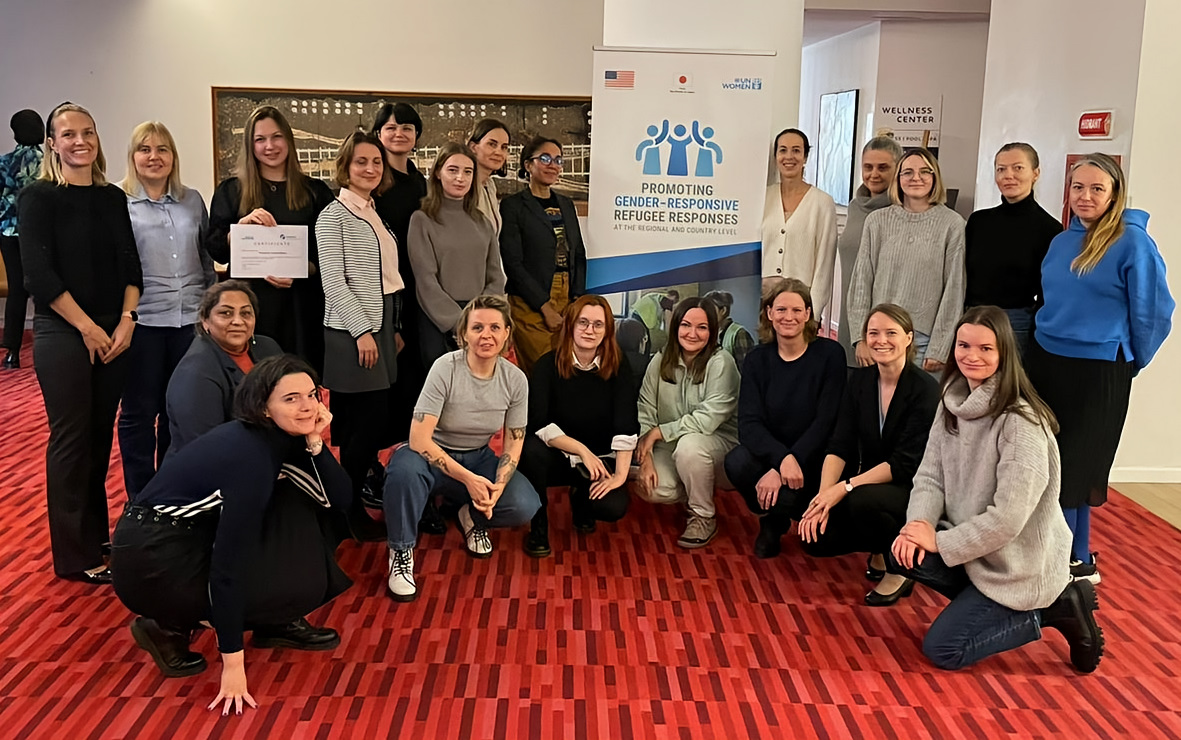
24 November 2023- Nineteen humanitarian actors working in the humanitarian and refugee response in Ukraine, Poland, Moldova and Romania gathered in Bucharest for a three-day training co-organized by UN Women and the Clingendael Institute to enhance the knowledge and skills of humanitarian actors on humanitarian negotiations.to
Russia’s full-scale invasion of Ukraine has resulted in the mobilization of a wide range of actors in Ukraine and neighboring countries including Poland, Moldova and Romania, to respond to the humanitarian and refugee crises Local women-led, women’s rights, and refugee-led organizations have been playing a crucial role in ensuring that the specific needs of the refugee populations, majority of which are women and children, are adequately addressed.
In humanitarian crises, negotiation is an essential skill for engaged actors to access to and effectively assist populations in need in complex situations. The training aimed at enhancing the knowledge and skills of humanitarian actors on how to effectively engage in humanitarian negotiations to ensure that the voice and leadership of women’s organizations are heard, recognized and further integrated into response efforts.
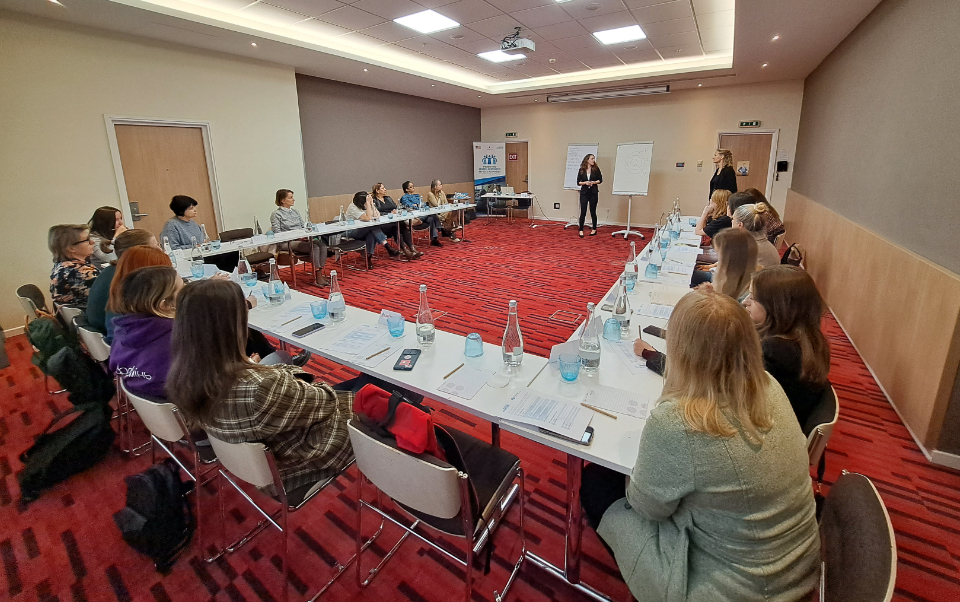
For three days, the participants have explored different types of humanitarian negotiations, tools and conflict handling modes, and key steps to follow during a negotiation process.
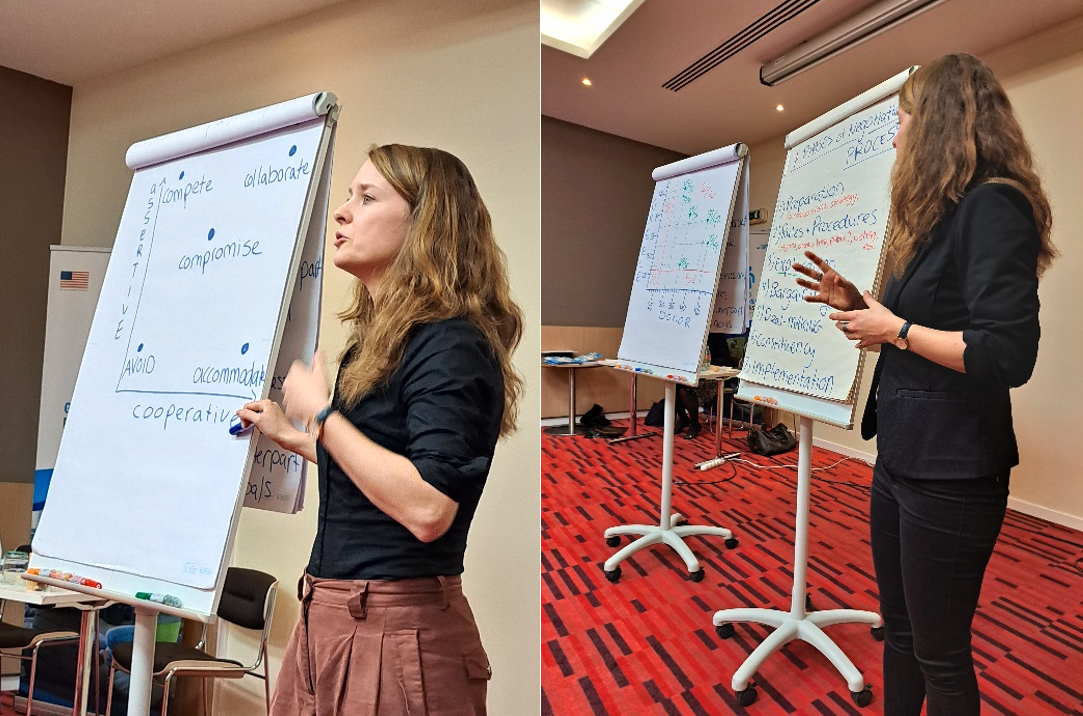
Furthermore, they had the opportunity to practice their newly acquired skills through an engaging approach that integrates negotiation simulation exercises, role plays, sharing of experiences and dilemmas and peer to peer reflections.
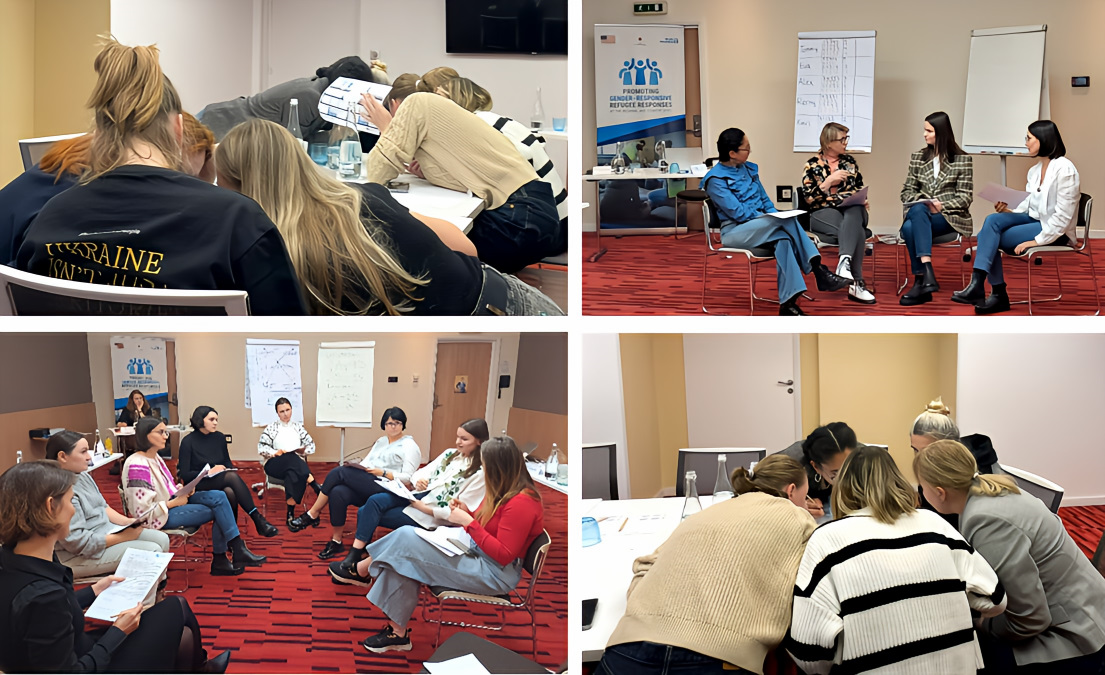
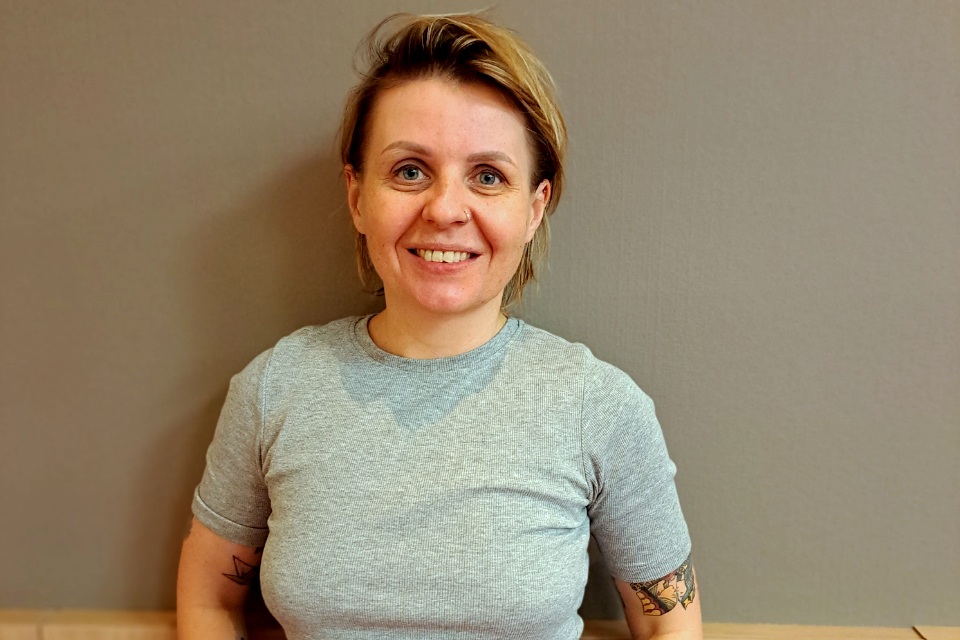

- Katarzyna Zabratanska, Representative of Inna Foundation in Poland.
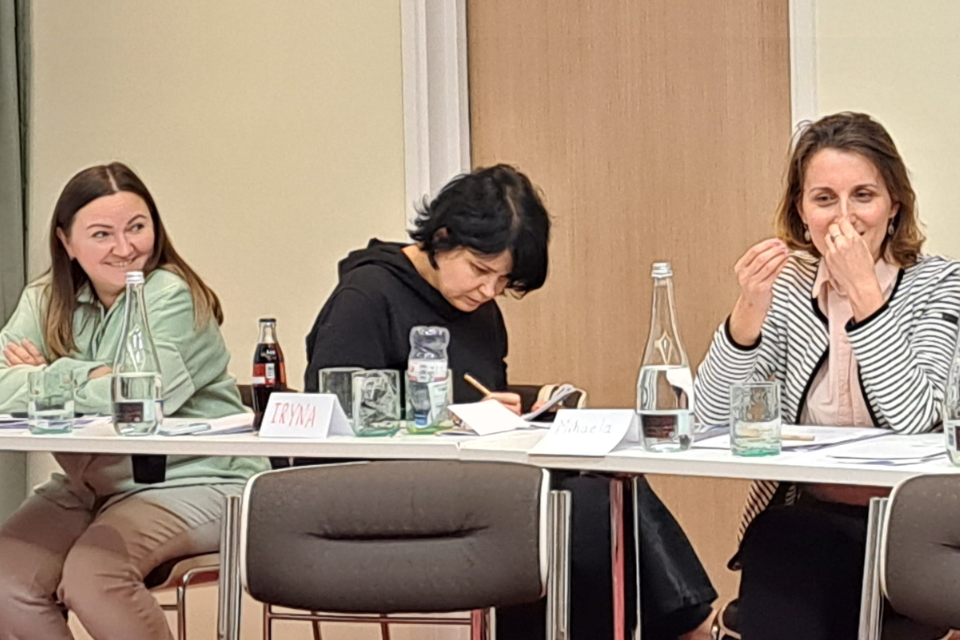

- Mihaela- Violeta Vochin, Representative of Sensiblu Foundation in Romania.
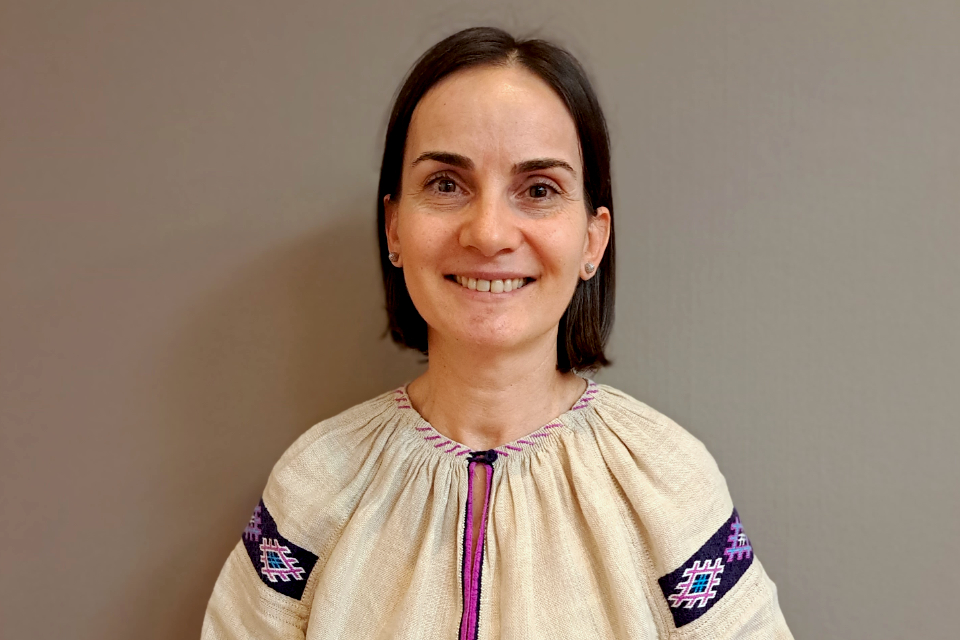

“I noticed that these simulation exercises involve a lot of emotions and can affect people at a personal level even after the exercise has ended. As a trainer, I also use role plays in gender-based violence case management scenario. It is extremely important to take the participants out of the role as soon as the exercise ends.”
- Ionela Horga, Representative of EEIRH in Romania.
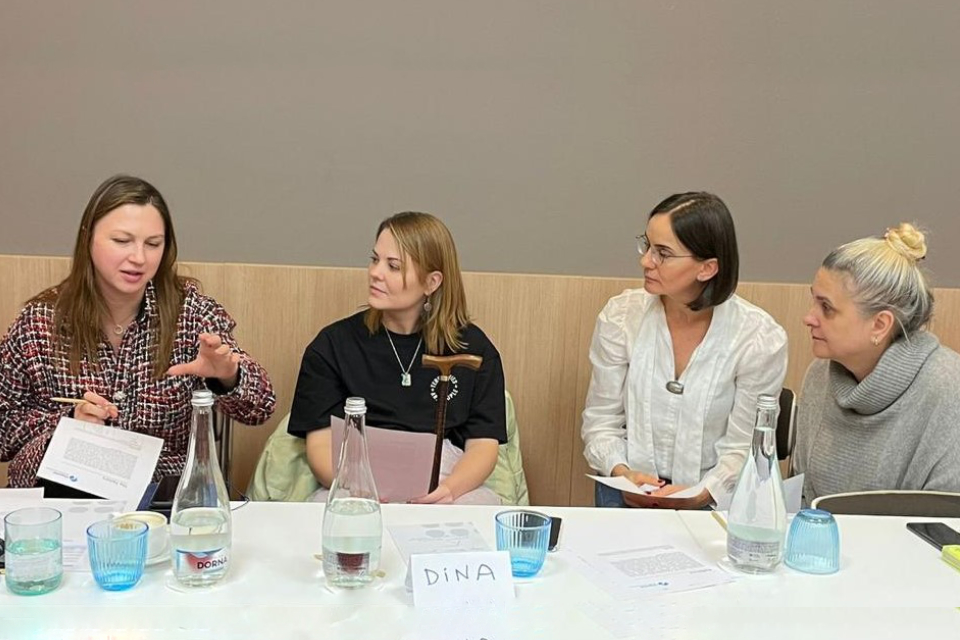

- Ievgeniia Lukianchenko, Representative of the Office of Deputy Prime Minister for EU and Euroatlantic Integration in Ukraine.
The training was organized by UN Women Regional Office for Europe and Central Asia, in partnership with the Clingendael Institute, within the framework of the Regional Refugee Response supported by the Bureau of Population, Refugees and Migration of the U.S Department of State, the Government of Japan and the Government of the Netherlands.